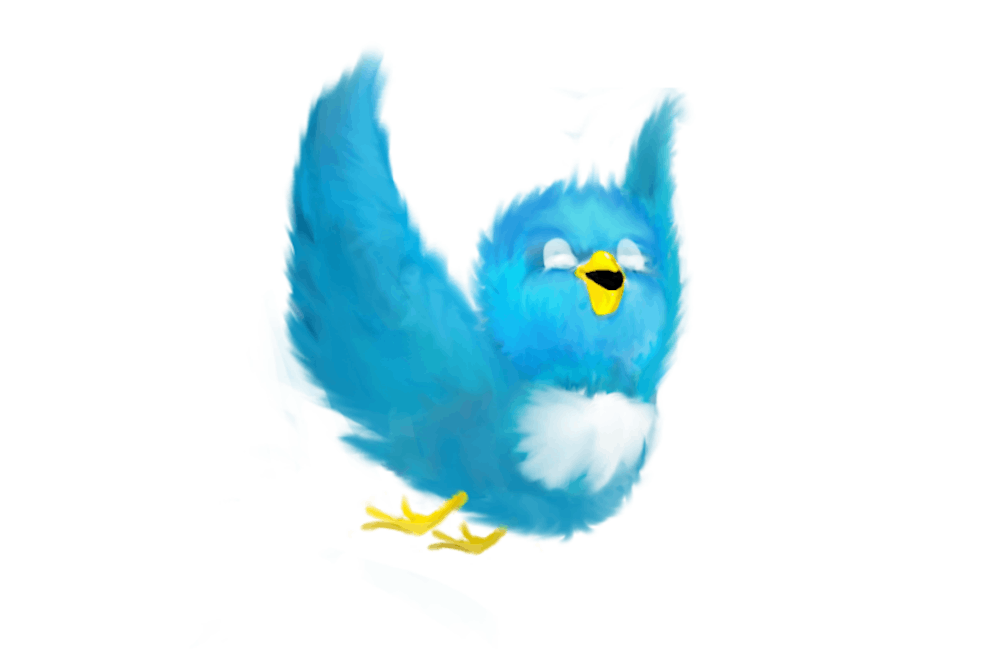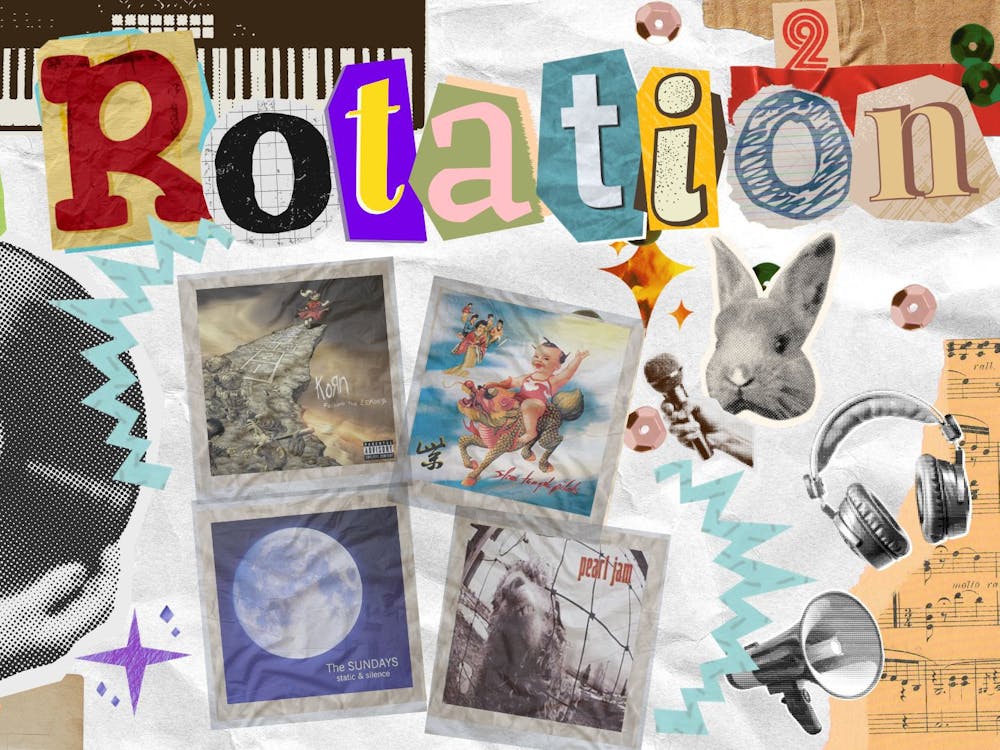By Kaitlin Peffer, Staff Writer
In 2008, Barack Obama became the first presidential candidate to utilize Twitter during his campaign. Now in 2016, social media has become a prevalent campaigning weapon for both Hillary Clinton and Donald Trump.
However, some students question the roles that social media plays in this election. Because of the speed and ease with which candidates can post online, their content often needs to be checked for accuracy.
"The media's played a huge role, but it's been biased," said junior Sarah Becker. "It's good that information is out there, readily available, but people need to take it with a grain of salt and fact check it."
For most students, this is their first election that they are able to vote in. While trying to make an informed decision, students often worry social media is lopsided toward one candidate.
"I personally feel like social media has been trying to tell people to vote for Hillary," said sophomore Michelle Dyrda. "There have been so many 'Vote for Hillary' videos and pictures featuring celebrity endorsements, and I don't think I've seen any for Trump. There must be some strategic planning going on, say if a celebrity likes this person then I too will like this person. It's those kind of subtle messages that I see all over social media. Honestly, the only posts I see about Trump are negative ones."
While it may seem one-sided at times, both candidates are campaigning on social media. Junior poitical science major, Emily Weber, believes Americans should not let social media influence their vote.
"I don't think the role social media plays is negative, but I also don't think that people should base their vote heavily on these celebrities and on pop culture because it takes away from the political aspect of the candidates' views," said Weber.
Pop culture, like social media, has played an integral role in this election. But some think entertainment outlets have gone too far with their humor, thus distracting from the issues at hand.
Many late-night TV talk shows have been trying to be the key factor in swaying opinions. Students rely on episodes of shows such as "Saturday Night Live," "Full Frontal with Samantha Bee" and "Jimmy Kimmel Live!" for their information on the election.
Media and culture majors, who study pop culture and its societal context, jump at the opportunity to discuss pop culture's role in the election.
"For me, I would say that my favorite part of this whole election season has been seeing late-night hosts like Seth Meyers and John Oliver explain how ridiculous it is when people say Hillary Clinton and Donald Trump are both equally bad, despite the fact that Donald Trump has had significantly more scandals than Clinton," said senior media and culture major Sharon Horwatt.
Enjoy what you're reading?
Signup for our newsletter
But viewers have to be wary of these political commentaries as most of these late-night analysts tend to be left-leaning.
Horwatt points out that despite all of the political mudslinging, not only have these shows brought about more political involvement, but their humor has taken the pressure off of an otherwise tense election.
"I actually have really enjoyed the SNL sketches this year," said Horwatt. "I think that Kate McKinnon and Alec Baldwin have done a spectacular job playing up the insanity of the two candidates to the nth degree. For me, it's sort of made this whole election tolerable."




